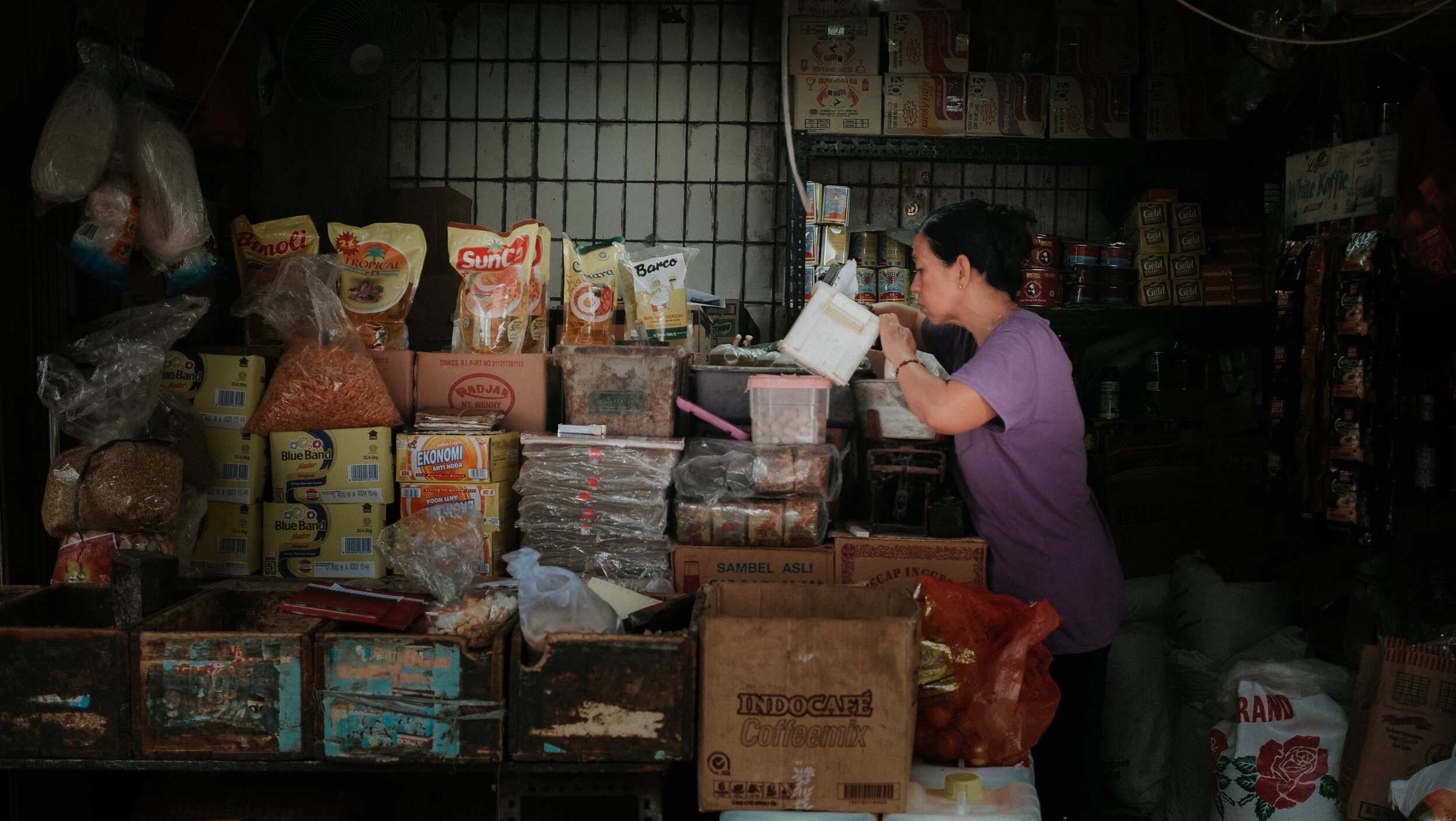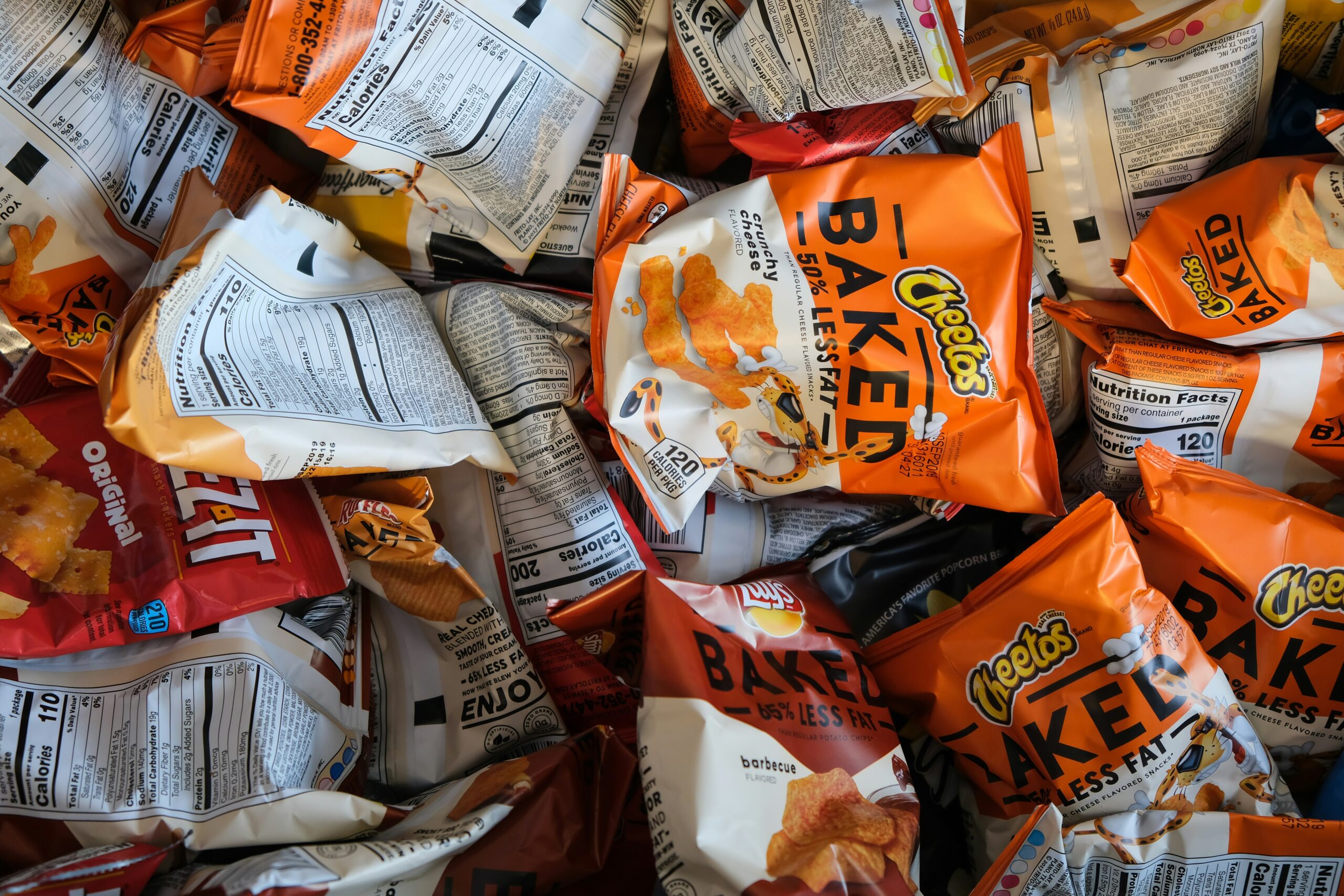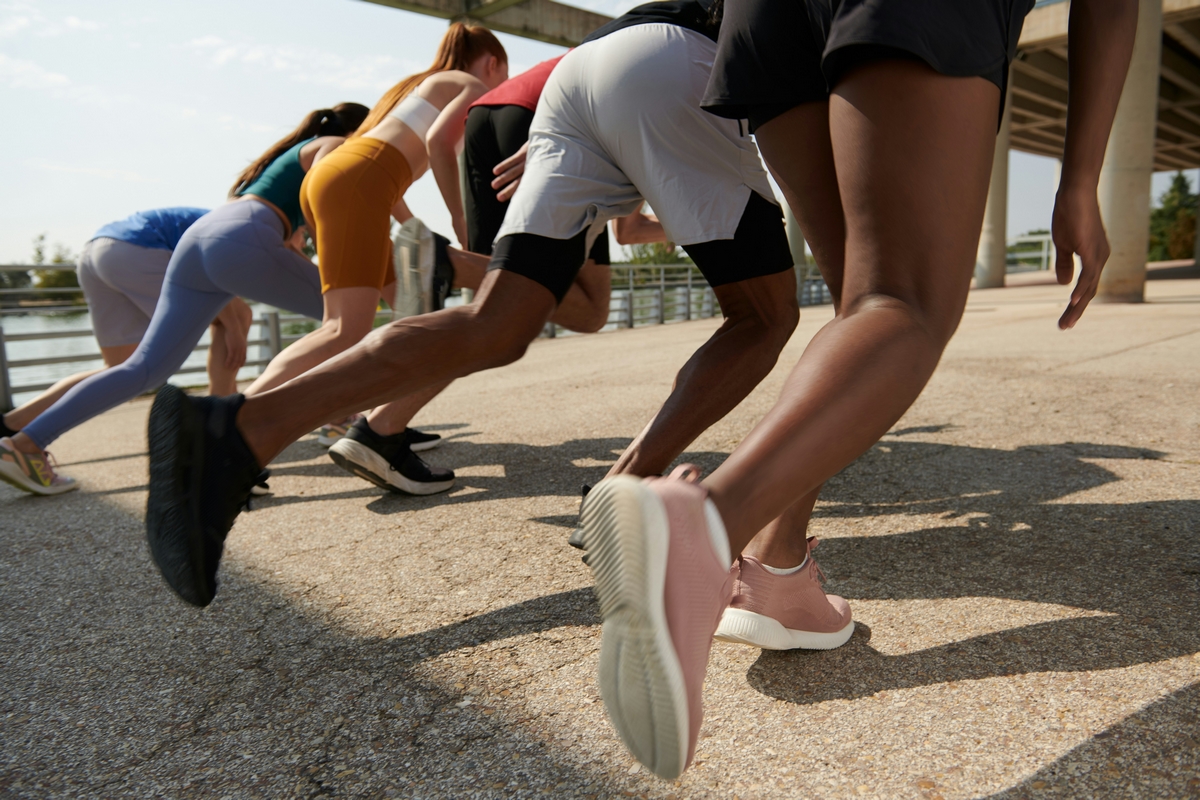A study from the Netherlands demonstrated that for those among the population seeking to lose weight, one of the biggest favors they could do for themselves is not to bring high-calorie foods into the house.
The study investigated something called “high-calorie spatial memory bias” which tells us how people will better remember a multi-sensory picture of a given environment, like a piece of the African savannah where our ancestors hunted and gathered, or more relevantly, a kitchen, by locations of high-calorie food sources.
512 participants joined in to smell or taste various foods at different locations in a maze, with those among them who tasted calorie-dense food having an overall better recollection of the twists and turns inside the maze.
For our ancestors, the research demonstrated the remarkable adaptations we evolved in our relentless gathering of food, which included a sense of smell that could deduce calorie-count, and a greater ability to create a mental map of a territory if desirable food sources were found therein.
Understanding underlying primitive biological systems is often the key to building a strong day to day health and fitness plan, as working against your biology can be almost impossible, while using it to your advantage can almost make it easy.
Sights and smells
In a 12 square-meter labyrinth, participants passed between eight different pillars whereupon sat either a scented cotton pad or a sample of one of 8 different food items, with four being high calorie and four being of low calorie density.
Studies have shown that the high calorie spatial memory bias could exist in our modern homes, with women being at seemingly higher risk, but there has never been a study that also included the sense of smell into the modeling.
After the maze had been completed participants were asked to complete a spatial memory task in another room, where a randomized sequence of food items would appear on a screen. The participants had to select from a 2D rendering of the room where each food item or scent was located and on which pillars.
The statistical significance of the bias towards high-calorie foods was clear, even in the case of scented cotton pads — suggesting that you may have a mental map of your kitchen based on previous sensory inputs in which high calorie food source locations speak a little louder in your subconscious.
Beating the high-cal bias
Going with the flow when it comes to biological processes is much easier. Your body will function better, and you don’t risk having to deal with as many setbacks.
When it comes to health and fitness goals, some dieticians or strategists will recommend you make smaller goals rather than large ones, as the failure to reach a goal can be met with disappointment.
Excluding diet, sleep, and exercise tips, here are some simple ways not to accidentally allow your brain to set you up for failure.
-
Don’t bring high-calorie foods into the house
As the author’s research shows, you’ll have a very good idea of where the chocolate, potato chips, or other goodies in your house are after you’ve enjoyed them. Unless you have a friend who can actively hide them for you, your brain will tend towards them for several reasons. One of which is….
2. Willpower is limited
It’s a well-established fact that willpower is a finite and depletable mental resource, and that the exercise of it in one occasion makes further exercising more difficult. Renowned sleep expert Dr. Matthew Walker published a study in 2013, that found a complex interaction between lack of sleep and poorer dietary choices, while another study found that chronic sleep loss tends to increase, by the order of 200 – 300 calories, the amount of snacking done during a wake cycle.
If it’s difficult to exercise restraint when selecting your snacks — either healthy or unhealthy, it could be that you are in a willpower depleted state. Moreover, don’t allow yourself to fall into the trap of food choices in a low willpower state by….
3. Never waiting until after work to have a dinner plan
If you get home after nine hours under artificial light and driving through traffic and you have unhealthy or high-calorie foods in the house, don’t risk leaving it late in deciding what’s for dinner, as you’re far more likely to select a high-calorie snack and call it a day when you are tired, or have exercised your willpower throughout the course of the day.
One way you can ensure you take care of dinner responsibly is to…
4. Make cooking dinner a habit
The derailment of goals in a willpower depleted state is easy to do if you’ve built up bad habits. Conversely, the derailment of goals in a willpower depleted state is difficult if you’ve built up good habits.
“Impetus for responding is outsourced to contextual cues, habit performance does not depend on the finite self-control resources required for more deliberative actions,” read a meta-analysis of five studies published in 2013.
“When these resources are limited, people are unable to deliberately choose or inhibit responses, and they become locked into repeating their habits.”
In short, even a sleep-deprived office worker can resist the hunter-gatherer instinct of reaching for the bag of peanut butter-filled pretzels if they have built of long-term habits of cooking meat and vegetables instead.



